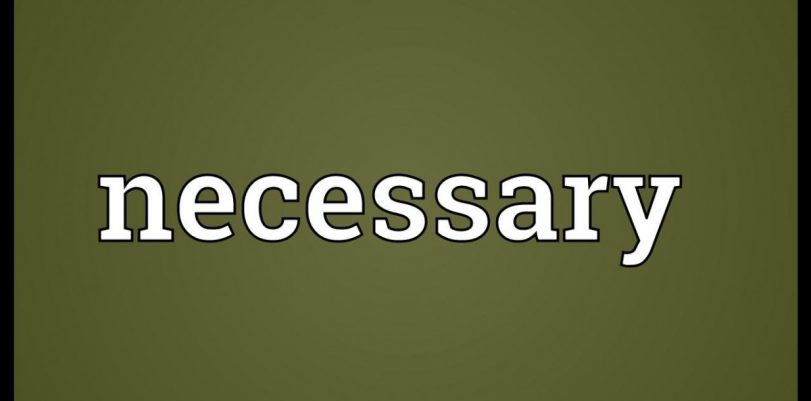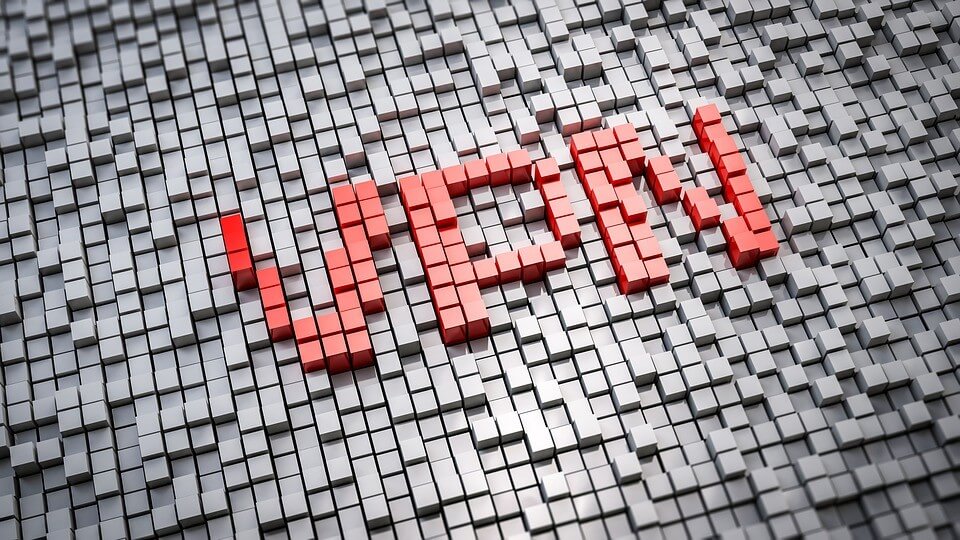The rise of the Internet brought great things to our lives: the ability to remotely communicate with our relatives, entertainment options, online streaming, email, social media, games, apps, and many other positive attributes.
But some bad comes with all the good. At the most unexpected moments, you can be a victim of theft, data leakage and robbery, scams, copyright issues, and strangers having access to all of your traffic: the pages you like to visit, your favorite social media passwords, your credit card balance and information, and so on.
Fortunately, the Internet provides users with some reliable alternatives to gain that extra security edge to feel relatively peaceful when doing your online sessions via your smartphone, tablet, personal computer or any other device.
One of the primary inventions of recent years is VPNs or Virtual Private Networks. They are useful because they mask the user’s IP address and lend it a new, temporary one. With this, you can do wonders: navigate through virtual tunnels that won’t show any of your traffic, hide your location to unblock restricted services and channels, and much more.
So, are VPNs necessary? Well, yes. They are, or at least, if you want to feel more protected from the threats of the digital world, you would stand to benefit from acquiring a quality VPN service. You will not be disappointed if you get one because the benefits will overshadow the few weaknesses of this system.
Introduction
VPN, the abbreviation of Virtual Private Network, is one of the most prominent online resources of the last few years. This is a relatively recent technology, first developed in 1996 when a Microsoft employee developed the peer-to-peer tunneling protocol, also called PPTP because of its initials.
You have to understand the advantages of browsing the web as anonymous and protected as possible because the digital world is full of dangers and you, your family, your data and even your equipment can suffer damages if this system doesn’t safeguard you. VPNs encrypt your traffic through simulated tunnels that protect your shared data.
Imagine you are on a public Wi-Fi network and you leave your bank account exposed to hackers and other skilled people that may gain access to it and to your photo gallery, passwords from crucial web pages, and also your location and browsing history. This is precisely when a VPN can come in handy, when you establish a connection via a public Wi-Fi, along with hundreds of other people that you don’t know anything about.
You should also know that VPNs are not 100% reliable, but they represent one of the most reliable security measures out there these days. You should even consider combining them with other resources, like anti-virus software and firewalls, to name a couple.
How do they work?
VPNs encrypt your traffic through simulated “tunnels,” that you can’t see or touch, but will make sure your data, traffic, and information regarding your use of the Internet are safeguarded and nobody will use them to harm you, your family, your devices and your software.
The Virtual Private Network uses encryption technologies such as IP security (IPSec), Layer 2 Tunneling Protocol (L2TP)/IPSec, Secure Sockets Layer (SSL) and Transport Layer Security (TLS) to send all of your traffic through the “tunnels” of the digital world to remote servers.
What are some of the benefits of VPNs?
A VPN will make your online sessions more private because any of the third agents lurking around the web threatening with harming you will not be able to gain access to your traffic. The virtual “tunnel” serves as a barrier.
A good VPN also offers anonymity. Your VPN provider will give you an IP address from a pool of existing ones, which you will use instead of your own. This is how you can be anonymous while using VPN because this makes hackers, government and companies hard to track you among the many users enjoying the same public, shared or dynamic IP address.
You can choose between shared IP addresses and static IP addresses. You know the advantages of the former, but you should also know that the latter lets you stream online content without the loss of connection speed that comes with the shared IP address.
The right VPN will safeguard you against hackers, their viruses and malware, information leaks in a public network, and even from big companies and advertisers that want to fill your inbox with useless publicity.
You can also enjoy the ability to bypass geo-blocking measures and methods implemented by web pages and services. With this, you will enter any site from any place in the world, no matter where you are at the time of your session.
Are VPNs necessary?
As online tools that have many benefits and advantages, VPNs are highly useful resources whose strong points can make your online experience much better. Despite this, many pundits acknowledge that they aren’t necessary because they can’t offer you 100% reliability in their primary task, which is to make sure your traffic is private.
However, the tool evolves from convenient to necessary if you connect to a public Wi-Fi output, because they are full of people, maybe even hundreds of them, and you don’t know who is an expert in informatics and technology.
If you browse the web while being unaware of some of the risks of doing it on a public network, you may fall victim of digital crime. People could have access to valuable data and information if you are not adequately protected, and VPN is one of the best measures to gain an extra shield.
Why you need a VPN
So, to sum up, VPNs are necessary because:
- They make sure your traffic, information, credit card data, passwords for your social media outlets, browsing history, and current location are kept a mystery from anybody that has the ability and skills to harm you with this material.
- They can help you bypass geographical blocks and enjoy the best content, from any site or page in the world. For example, people from China, who are victims of a censorship system called the Great Firewall, can access banned sites such as Youtube, Facebook, Google and Gmail with the help of a quality VPN.
- They are your best friend if you want to set up a secure, private network in your home or in your workplace to share data, files and every type of information.
- They help you facilitate data and information sharing among people with one common objective, making it perfect for startups and small offices.
- They serve as an aid if you desire to achieve a full entertainment experience. You can access all Netflix regions (even the American one, the most complete and most heavily protected), and channels like Star Sports, BBC, CNN, NBA, MLB, NHL, NFL, CBC, Telemundo, Univision, and much more.
In conclusion, VPNs are helpful tools that anybody can argue that they are highly convenient to achieve essential goals in the online world and that some may go even further and say they are necessary for some moments and circumstances.
For example, for connecting to public Wi-Fi networks in parks, restaurants, airports, offices, cafés, bus stations, squares, and many other establishments that may contain a lot of hackers and tech wizards, you need that extra protection to ensure the welfare of your connection and your equipment. The Internet advanced and evolved, but so did Internet criminals and they have the skillset to steal valuable assets from you.
So, are VPNs necessary? It depends on your perspective, like everything in life. But one thing is right: there is a strong case in favor of them being essential to perform some useful activities on the web in a smoother way.
Best VPNs to Use in 2017 and 2018?
 |
 |
|
|---|---|---|
| Multi-platform Compatible | ||
| 256-AES Encryption | ||
| PRICE | $5 for 1 month with code "best10VPN" | $6.95 a month |
| Website Rating | 9.9 | 8.8 |
| 24/7 Live Chat | ||
| Residential / Dedicated IP for permanent streaming access | ||
| Has Mobile App + PC / Mac Support | ||
| Stealth VPN / Advanced Obfuscation techniques | ||
| Visit VPN Provider | Visit TorGuard | Visit PIA |

